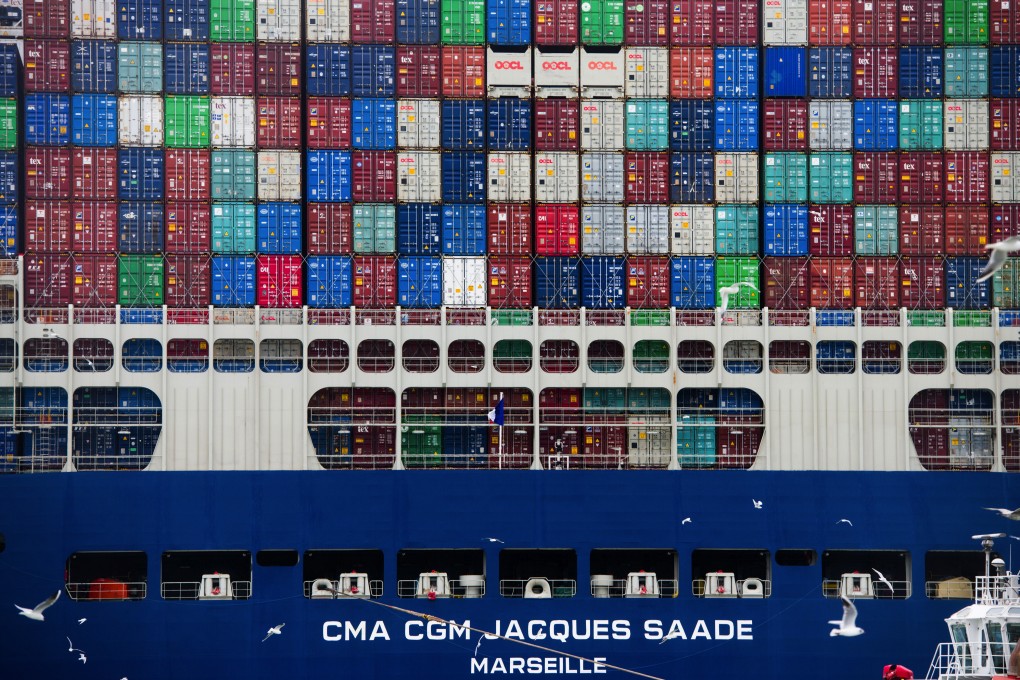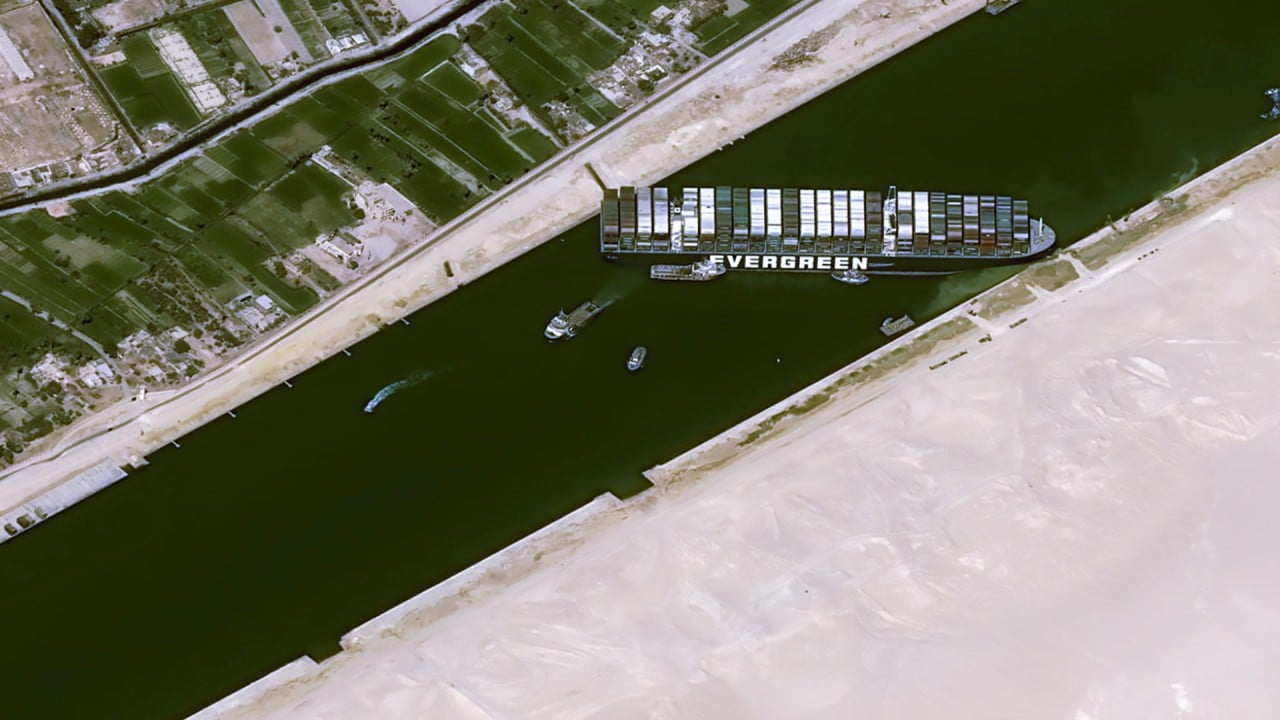The View | After Suez Canal crisis, EU’s bid to cut carbon emissions in shipping threatens Asia-Europe trade
- By extending its emissions trading system to shipping, the European Commission could unfairly tax intra-Asian trade and jeopardise multilateral efforts to reduce pollution
- Instead, the EU should support the industry’s US$5 billion R&D fund to finance a decarbonised global fleet

However, this trading relationship is now under threat. The European Commission will decide this June on whether to include shipping in its emissions trading system. If enacted, intra-Asian trade would be unfairly taxed.
Under the proposed system, a container ship could start its westbound voyage in Japan, then make calls in South Korea, China, Malaysia, Sri Lanka, and Saudi Arabia before transiting the Suez Canal and arriving in Europe. Although a port call in an European Union country in this scenario would account for only a tiny proportion of overall journey, the emissions tariff would be applied for the entire voyage.
This emissions charge is designed to raise money to aid Europe’s Covid-19 recovery and discourage emissions. It risks doing neither, by unfairly targeting the countries that lie well outside the EU yet play a major part in the industry. China, Japan and the Philippines are just a few examples.
This overstep goes against the norms that created the robust global trading system we all rely on today. By instituting this policy, the EU would be taking a “cut” from intra-Asian trade, which could affect Asia’s economic recovery. The South Korean government has said that the plan would have an “adverse repercussion” on global trade, and Japan has also warned that the move could stoke trade tensions.

